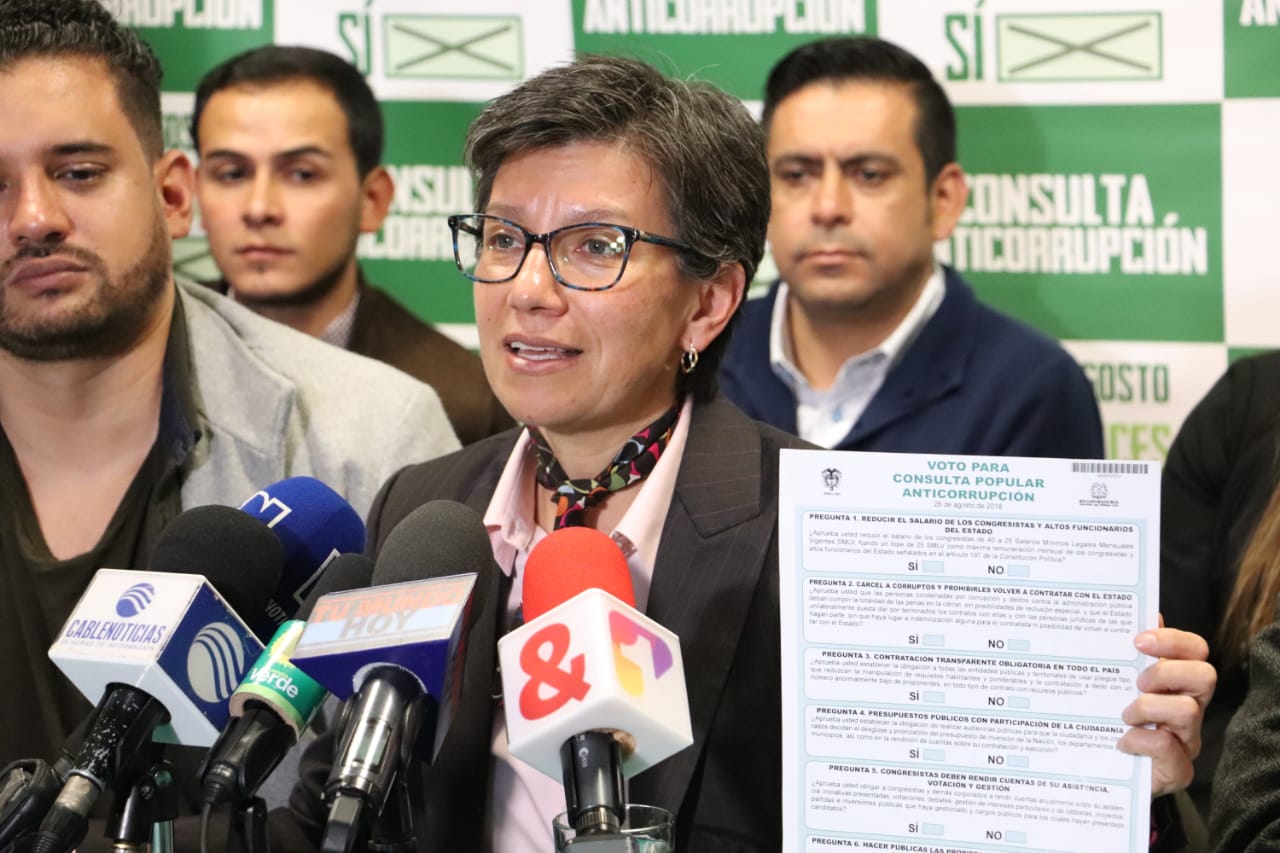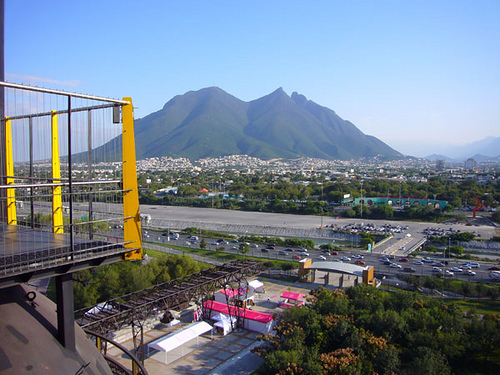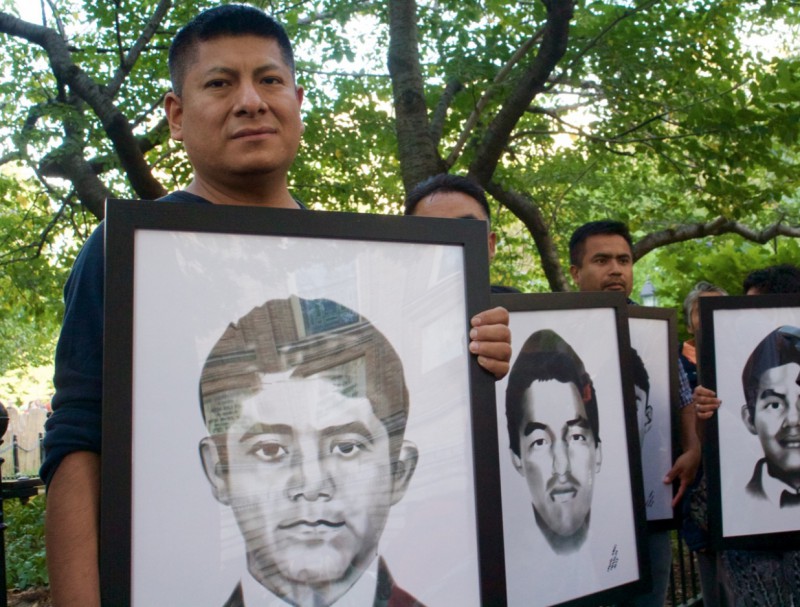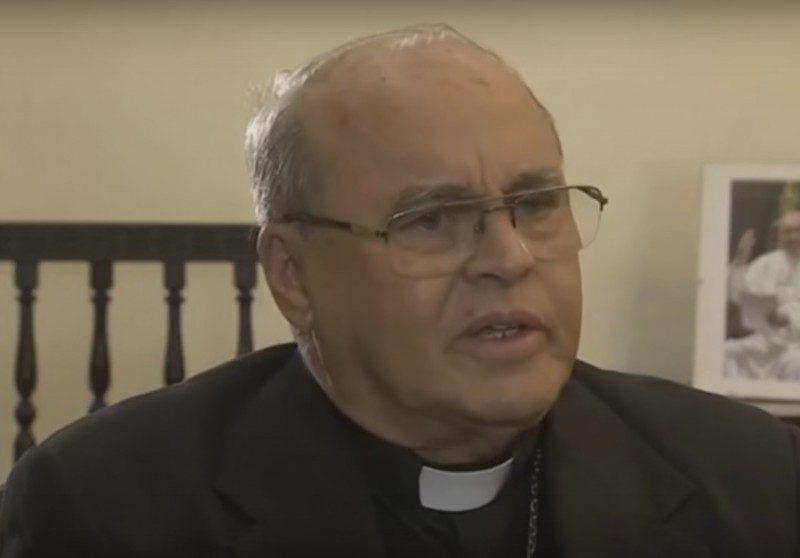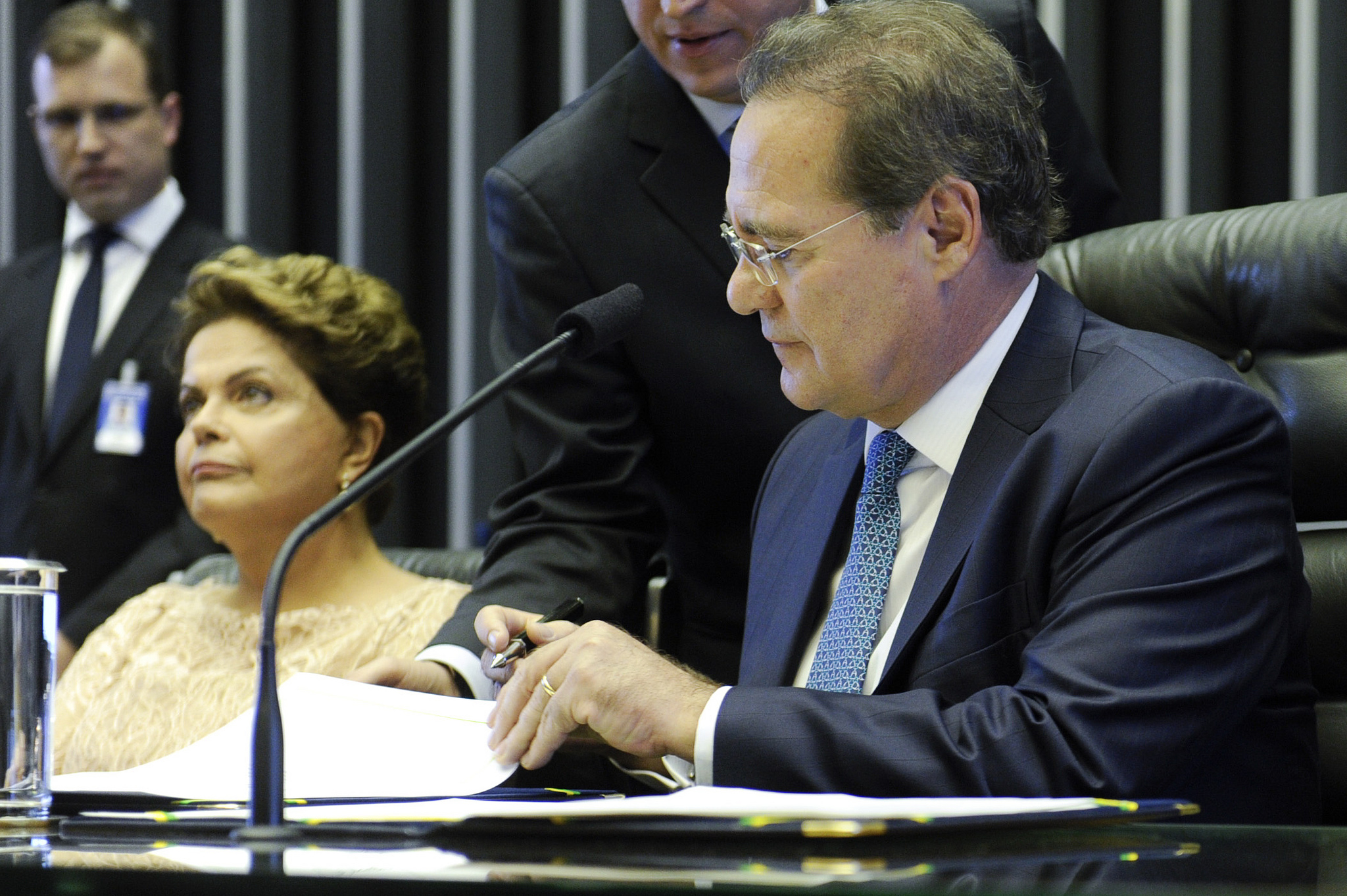
Brazil, Latin America: Week in Review, Southern Cone
Brazil’s Opposition Party Split on Decision to Support New Interim Government
April 26, 2016 By Staff
Top Story — Looking ahead to a 2018 presidential run, Brazil’s largest opposition party is split on the degree to which they will support a provisional government in the likely case that President Dilma Rousseff is impeached through a Senate vote on May 12.
Senior members of the Brazilian Social Democracy Party (PSDB) said Monday that while it would back former Vice President Michel Temer’s interim government, the party is divided on the decision of joining his cabinet, Reuters reported.
The maneuvering comes just two weeks after Brazil’s lower house of Congress voted to impeach the president, casting Rousseff into a fight to stay in office that led her to make a speech at the UN General Assembly in New York last Friday, where she described her opponents as “coup mongers.”
Temer’s March 29 split from the government coalition had been the loudest death knell for Rousseff’s presidency up until the fateful vote a few weeks later. He is currently working with his Brazilian Democratic Movement Party to prepare to assume the presidency in May as Rousseff will be suspended from her office if the Senate deals the final blow with an impeachment vote.
In light of Brazil’s worst economic recession since the 1930s, business leaders are pressuring PSDB to fall in line with Temer in order to restore investment credibility and quell the crisis. Former central bank governor and PSDB member Henrique Meirelles is likely to be offered the position as Temer’s finance minister in the interim cabinet; more top posts are expected to be offered to other PSDB members.
Yet PSDB leaders are wary of their top members accepting cabinet positions like this one, as party leader Aécio Neves, who is expected to run in the 2018 elections, said last week. Still, the party walks a fine line, because if they do not fully join the Temer government and the interim president manages to pull Brazil out of the recession, PSDB could lose in the next election. The party plans to meet on May 3 to make a final decision on their position towards a likely Temer presidency.
The PSDB holds leverage over Temer in another way; the party has led efforts to annul Rousseff’s presidency through a case in the Supreme Electoral Tribunal based on allegations of illicit campaign financing. If that case succeeded, Temer, as Rousseff’s running mate in 2014, would be forced out of office as well.
Headlines from the Western Hemisphere
North America
- In Mexico, reactions to the release of a final third-party report on the 2014 disappearance of 43 students from Guerrero state have been widely negative. Family members of the students slammed the government, accusing the authorities not just of bungling the case but of misleading them and even planting evidence.
- An op-ed in The New York Times by former Mexico correspondent Ginger Thompson compares the fallout of the case of the 43 disappeared students to hand-wringing among Mexican elites over the candidacy of Republican presidential front-runner Donald Trump, concluding that the disappearance is a worse blow to Mexico’s image, and a self-inflicted one.
- A separate analysis by the Times suggests the party of President Enrique Peña Nieto is likely to weather the fallout from the case despite its impact on Peña Nieto’s approval ratings, based on the fact that his party, the PRI, performed well in midterm elections last year and is likely to do the same in upcoming gubernatorial elections, polls suggest.
- A large database of Mexican voter records was discovered by a U.S. security researcher to be entirely accessible to the public on the internet, raising questions about the Mexican National Electoral Institute’s security.
- In Acapulco, one of the world’s deadliest cities, local Mexican police headquarters in a beachside tourist area and a hotel across town were simultaneously attacked by a group of armed men, causing the city, which is still a large tourist attraction, to temporarily go into lockdown.
Caribbean
- The U.S. Health and Human Services Secretary Sylvia Mathews Burwell will visit Puerto Rico to review measures to control the Zika virus, which is expected to begin spreading in the United States in June. Nonetheless, members of the U.S. Congress are unlikely to grant the full $1.9 billion requested by the Obama administration for anti-Zika efforts.
Central America
- El Salvador’s prosecutor for human rights, David Morales, said Monday that in at least two cases in 2015, police officers and soldiers executed gang members, then altered the crime scenes to look like shootouts, a claim the country’s defense minister said was being investigating by authorities.
- Panama’s Finance Minister Dulcidio de la Guardia squared off with his French counterpart in Paris on Monday in a meeting that was called after the latter’s government threatened Panama with sanctions following the revelations of the Panama Papers.
Andes
- Venezuela’s Supreme Court on Monday said it will not allow an opposition-written constitutional amendment cutting the presidential term from six to four years, highlighting the pro-government court’s status as a check on the opposition’s majority in the legislature, and presaging further difficulty in efforts to remove President Nicolás Maduro from office.
- Colombia’s President Juan Manuel Santos on Monday announced a new cabinet on consolidating an anticipated FARC peace deal, as well as combating a slump in Santos’ approval ratings amid a slowdown in the oil-dependent economy.
Southern Cone
- The New York Times looks into the diplomatic process behind Argentina’s settlement with its hedge-fund creditors under first-year President Mauricio Macri, who promised to pay the so-called “vulture funds” after years of refusal under former President Cristina Fernández de Kirchner.
- Speaking at the international mining-industry fair Expomin, Chilean President Michelle Bachelet cautioned that the country — the world’s largest copper producer — should prepare for a “post-copper economy” in order to free itself from the cycle of commodities booms and busts.
- Reuters reports on the increased efforts of Brazil’s environmental agency Ibama to crack down on illegal gold mining in the Amazon, which leads to deforestation and pollutes the environment with large quantities of mercury used in the mining process.
